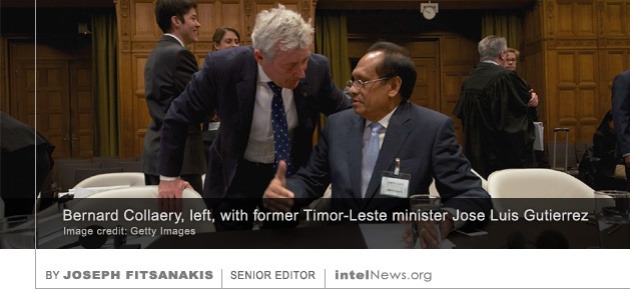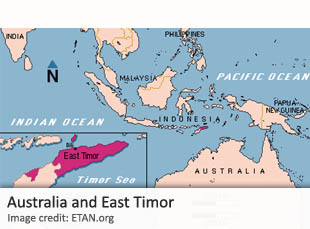No prison for Australian former spy who disclosed controversial espionage operation
June 21, 2021 Leave a comment

A FORMER AUSTRALIAN SPY, who prompted international outcry by revealing a controversial espionage operation by Canberra against the impoverished nation of East Timor, has been given a suspended prison sentence. The case against the former spy, known only as “Witness K.”, first emerged in 2013. It is believed that Witness K. served as director of technical operations in the Australian Secret Intelligence Service (ASIS), Australia’s foreign-intelligence agency.
In 2013, Witness K. revealed an espionage operation that targeted the impoverished Pacific island nation of Timor-Leste, also known as East Timor. He alleged that ASIS officers, disguised as a renovation crew, bugged an East Timorese government complex. The information gathered from the spy operation allegedly allowed the Australian government to gain the upper hand in a series of complex negotiations that led to the 2004 Certain Maritime Arrangements in the Timor Sea (CMATS) treaty. The treaty awards Australia a share from profits from oil exploration in the Greater Sunrise oil and gas field, which is claimed by both Australia and East Timor.
In 2013, the East Timorese government took Australia to the Permanent Court of Arbitration in The Hague, claiming that the Australian government was in possession of intelligence acquired through illegal bugging. The claim was supported by Witness K., who argued that ASIS’ espionage operation was both “immoral and wrong” because it was designed to benefit the interests of large energy conglomerates and had nothing to do with Australian national security. It is worth noting that Witness K. said he decided to reveal the ASIS bugging operation after he learned that Australia’s former Minister of Foreign Affairs, Alexander Downer, had been hired as an adviser to Woodside Petroleum, an energy company that was directly benefiting from the CMATS treaty.







